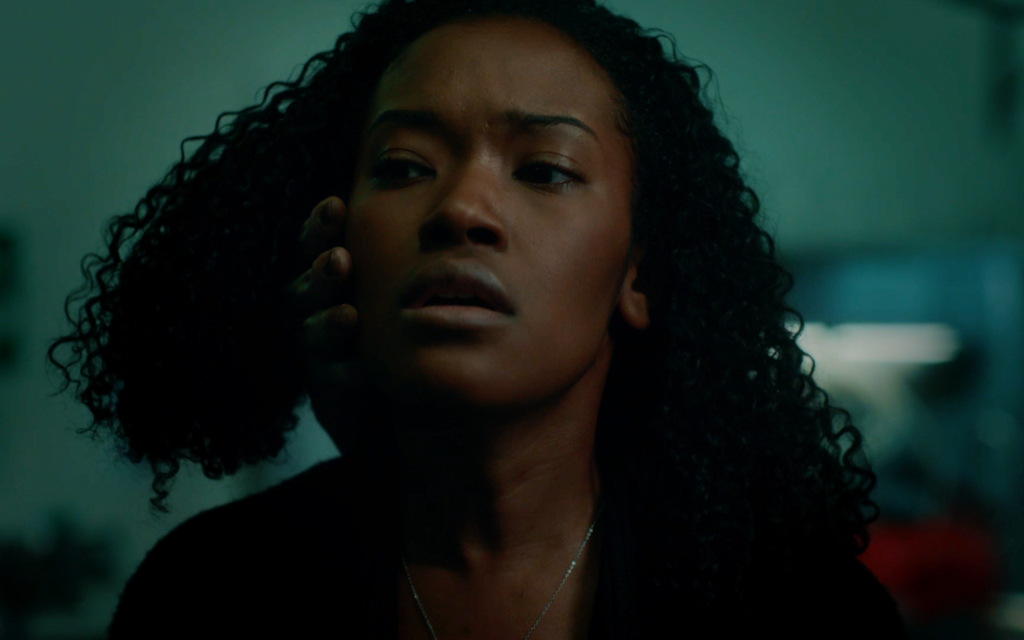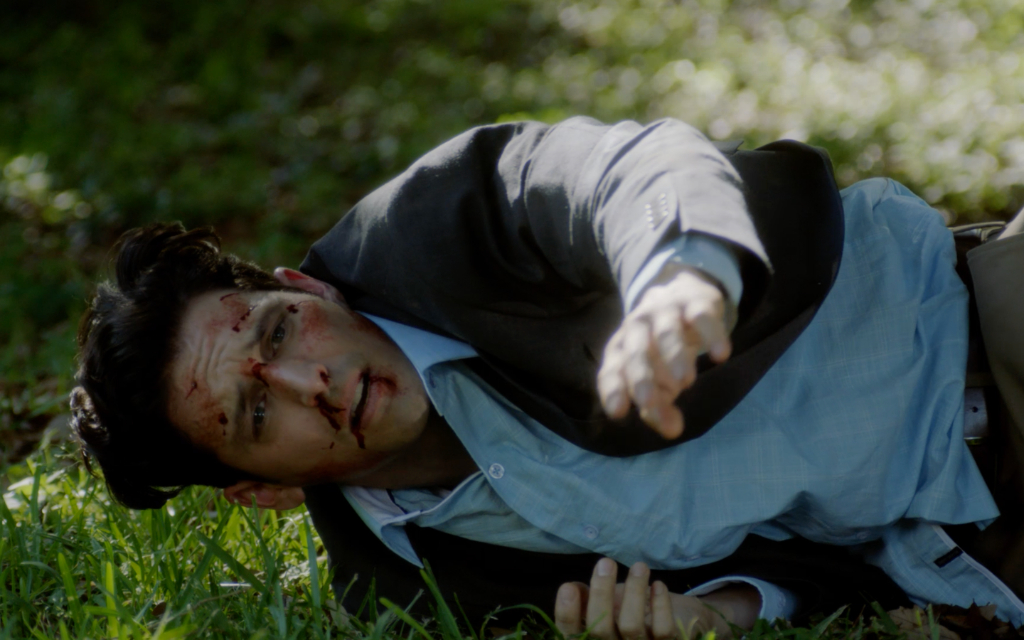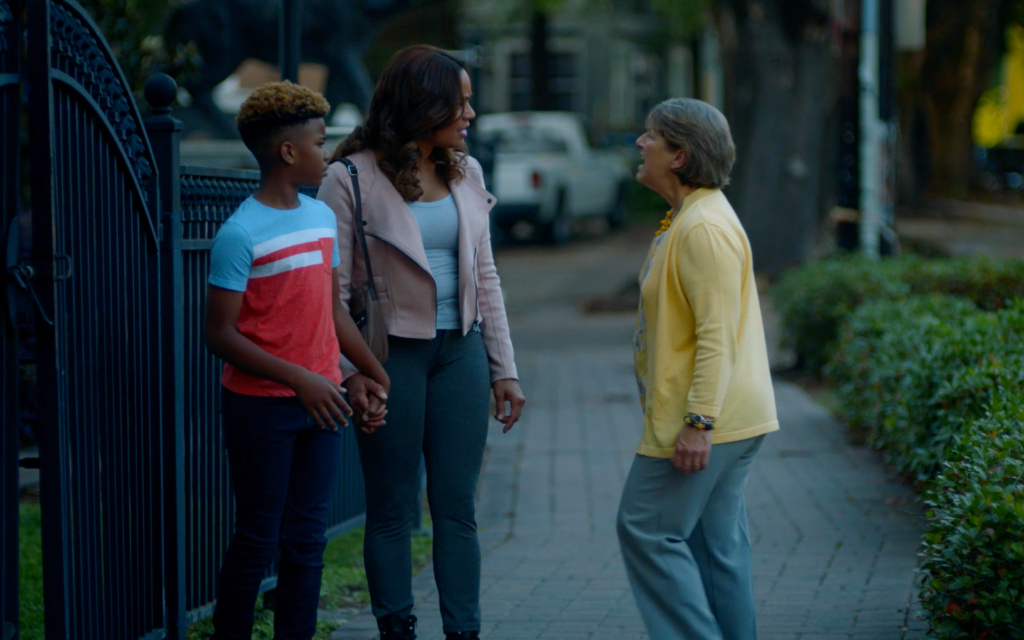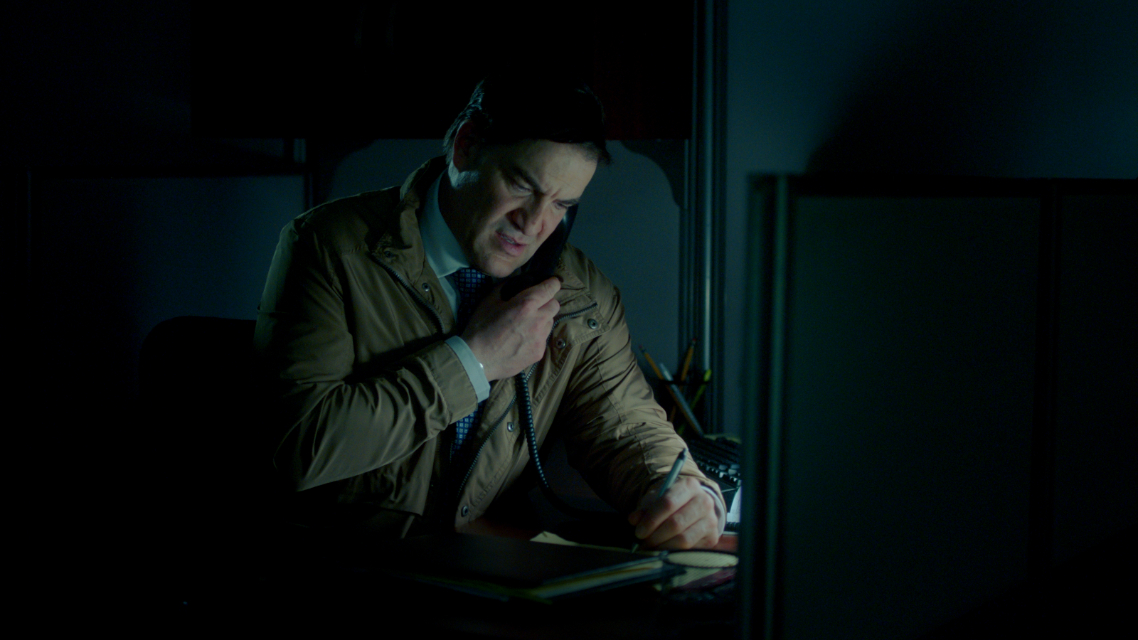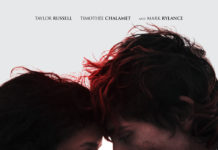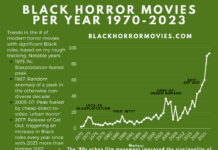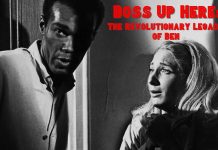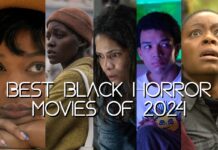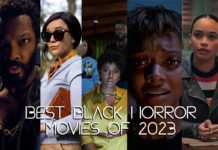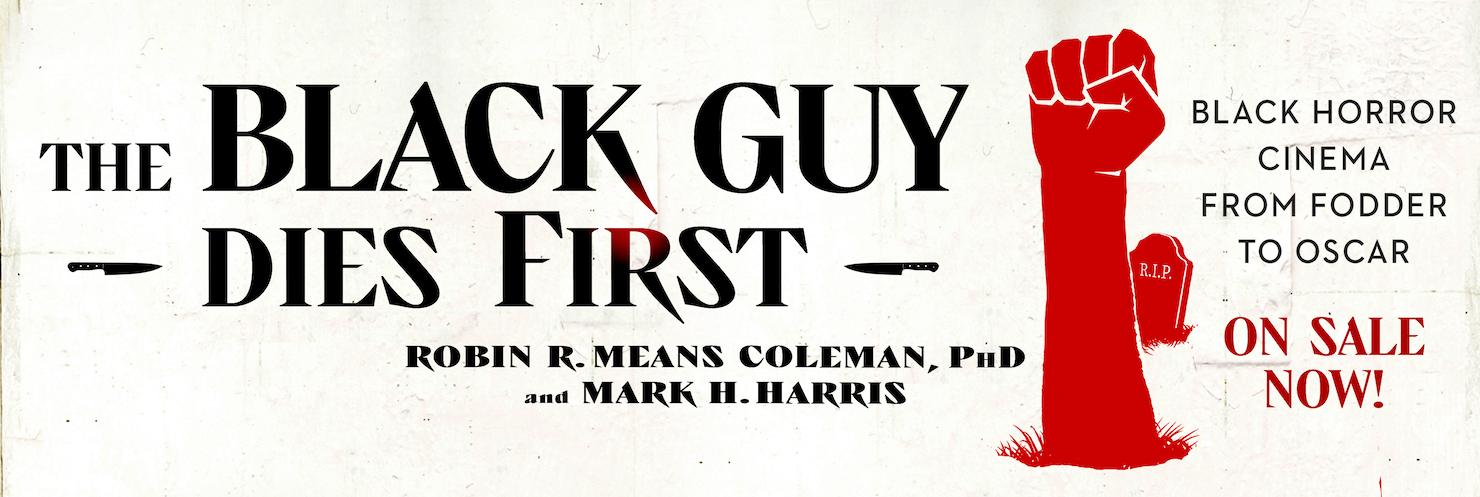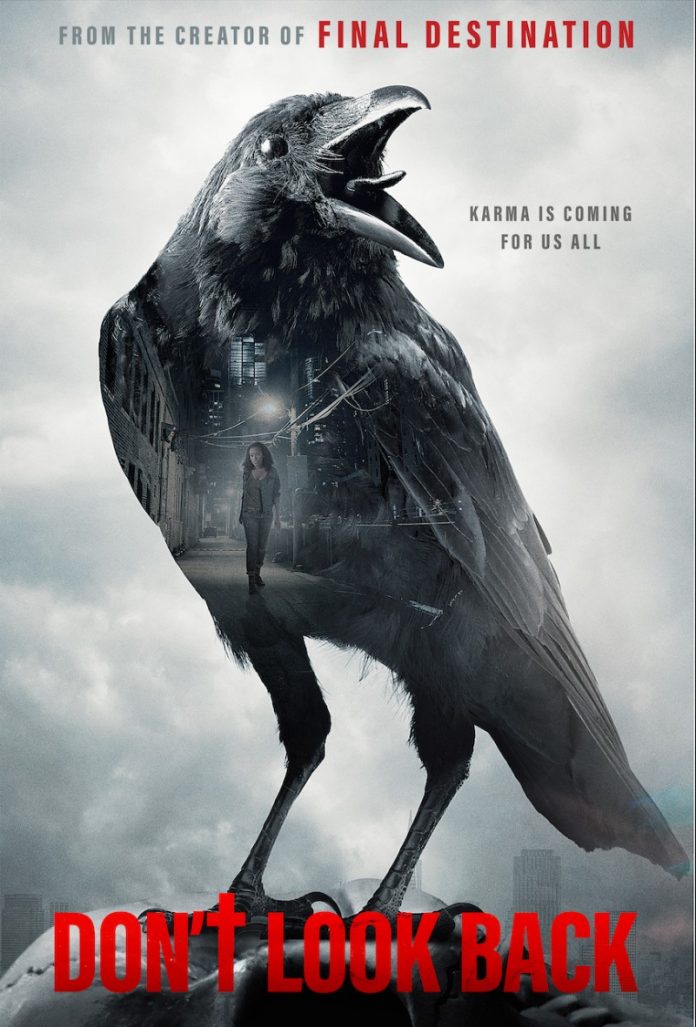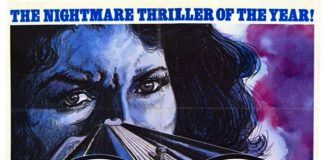Somewhere within the flaming garbage heap that was 2020, there have been reasons to celebrate: your birthday, for one, and if you’re reading this, the fact that you’re still alive — and functionally literate. Congratulations! But for the purposes of this site, the ever-growing diversity within the horror genre has been a particularly bright spot for the year.
Despite the postponement of anticipated theatrical offerings Candyman, Escape Room 2 and the Chris Rock Saw offshoot Spiral, 2020 saw the on-demand/home video release of a number of horror movies with black leads (in part because films with black leads are still not fully trusted by studios to open wide theatrically unless they’re a known commodity, like, say, Candyman, Saw and Escape Room) — and notably, many of them featuring black female protagonists. Final gurrrls, as it were. (Sorry, forget I said that.)
This year, we had black female-led horror offerings like Antebellum, Black Hair, Kindred, Body Cam, His House, Spree, plus Hulu’s Into the Dark entries Crawlers and Delivered and smaller films like She Never Died, Let’s Scare Julie, Toys of Terror, Range Runners, The Devil to Pay, Friend of the World and now, Don’t Look Back, the feature film directorial debut of Jeffrey Reddick, best known for writing Final Destination, Tamara and the Day of the Dead remake. If there’s any doubt that the current wave of black final girls is significant, consider the fact that he’s been trying (unsuccessfully) to get a black female lead in his movies since his treatment for 2003’s Final Destination 2, in which he wrote protagonist Kimberly as black. His follow-up, Tamara, meanwhile, almost starred Mya (!), but the end result of his efforts to date has been a familiar refrain in Hollywood: the fear that a black star makes it a “black movie” with limited mainstream appeal.
But now, on his own terms, Reddick brings us Don’t Look Back, a feature that ironically began as a 2014 short (the creepy “Good Samaritan”) starring a white man and now has shifted to a black woman faster than a 2024 Democratic presidential ticket. Kourtney Bell stars as Caitlin, a 20-something who’s recovering from the shock of seeing her father shot to death in a home invasion when she witnesses another murder. While jogging in the park, a man named Douglas is beaten to death by a mysterious stranger right before her eyes. She freezes in terror, still traumatized by her dad’s death, and doesn’t come to the man’s aid but eventually manages to grab a phone and call 911.
She’s not the only idle witness, though. Others stand by and gawk, one even recording the assault on his cell phone, and when that footage goes viral, the group of “bad Samaritans” is summarily cancelled in the court of public opinion. But their skewering is nothing compared to what they begin to suffer next: namely, violent deaths at the hands of a shadowy figure that Caitlin believes might be Douglas’s ghost seeking revenge. Is karma moving in for the kill?
Don’t Look Back’s setup is a bit like Final Destination with an intriguing moral twist. Both films involve the concept that the actions of a group of people might incur some sort of supernatural wrath that corrects the natural balance of the universe, but while Final Destination’s characters made innocent decisions that simply averted their own deaths, Don’t Look Back ponders what if these people did something bad that could be deemed worthy of being killed (similar to Karma, which itself borrowed liberally from Final Destination)? It’s a compelling concept that’s indicative of how unusually thoughtful and spiritual (Caitlin being a regular church goer who wears a prominent cross necklace throughout) a genre flick this is.
While it becomes obvious early in Final Destination who the culprit is — Death itself — Don’t Look Back goes the whodunit route, waiting until the climax for the big reveal. This approach, however, seems to undercut some of the scenes by restricting what can be shown, sacrificing scares in the process. The “Good Samaritan” short, by comparison, wastes little time in establishing the ghostly presence and arguably crafts bigger scares in 10 minutes than Don’t Look Back’s entire hour and a half.
That said, there are still some effective moments, including one notable homage to The Grudge, but the horror “edge” isn’t always as sharp as some might like, as the film wavers between mystery, horror, thriller and even a touch of faith-based drama. (There’s a twisted little tag at the end, though, that not only adds some bite but also ties up a few loose ends.)
Despite its shortcomings, Reddick manages to deliver an attractively shot product with impressive practical effects for such a modest budget. While there are familiar genre elements (ghostly whispers, shadowy figures, bird-ly omens), Don’t Look Back stands out for its timeliness and heart and, of course, for its black female heroine. Bell is the kind of fresh-faced, likable lead who makes it all the more apparent that there are plenty of talented actresses of color who are just as capable of being “final girls” as the overwhelmingly white cadre of talent that has monopolized those roles until now.
